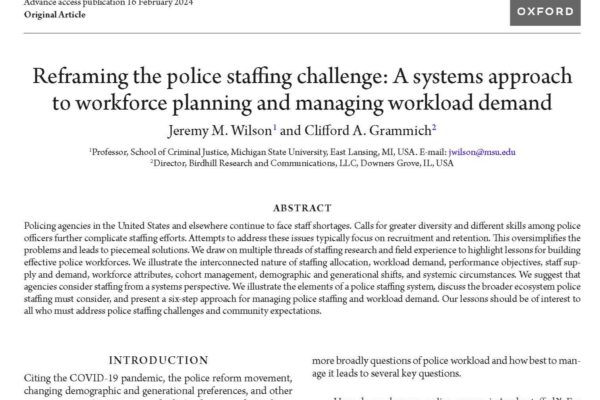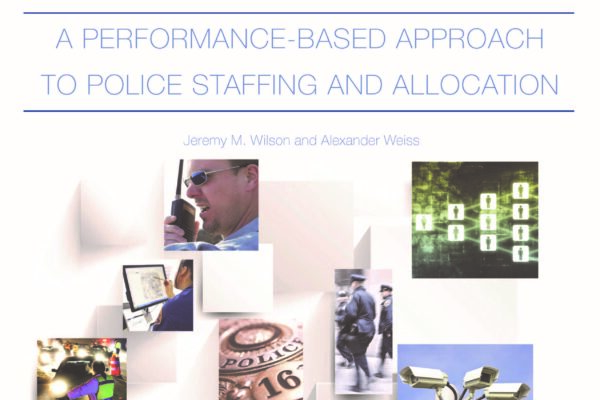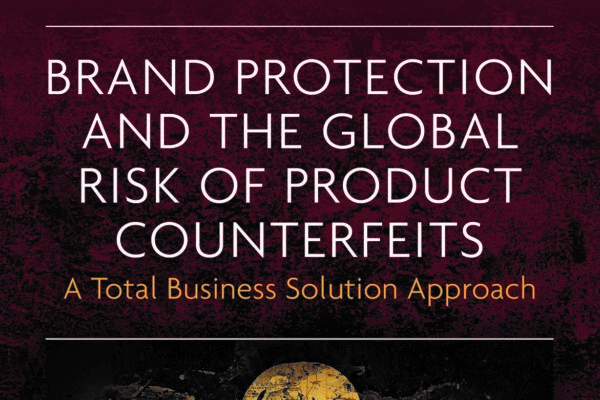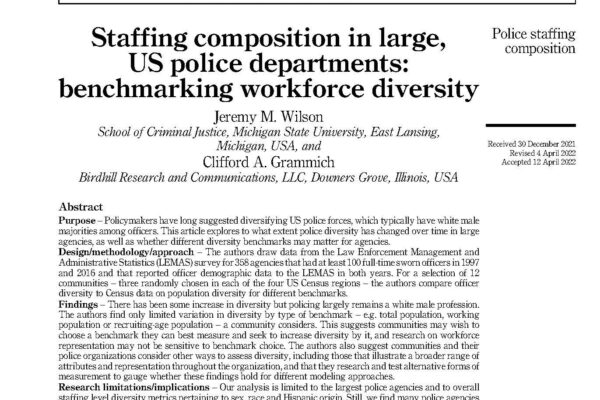An important recent trend is the increased role of social media influencers in facilitating the trade. Influencers are regarded as trusted opinion leaders in their online communities, so their views matter to followers. Rights holders leverage this trust by offering products to influencers who can help promote them. However, some complicit influencers promote the illicit wares whilst reassuring potentially susceptible followers that buying counterfeits is both rational and acceptable. Previous research commissioned by the Intellectual Property Office (IPO) focused on female consumers aged 16 to 60 in the UK; it found that endorsements by social media influencers prompted 10% of this population group to purchase counterfeit goods (Shepherd et al., 2021). The present study replicates this research but focuses on males. It finds that males are over twice as susceptible to the social media influencer problem as females: 24% of UK males aged 16 to 60 purchase counterfeits endorsed by social media influencers. The previous research identified four factors which increase the likelihood of counterfeit purchasing: trusted others including complicit influencers, rationalisations, risk blindness and risk appetite. These factors are more prevalent amongst the male population thus emphasising their causal contribution to the demand for counterfeits. The analysis further reveals that widespread confusion over the term ‘counterfeit’ has a significant role in purchasing decisions and fuelling demand. This research points to several important policy implications for addressing the detrimental effects of complicit influencers.
The Impact of Complicit Social Media Influencers on Males’ Consumption of Counterfeit Goods in the UK. South Wales, Newport, UK, Intellectual Property Office, 2024.
Featured Research

Reframing the Police Staffing Challenge: A Systems Approach to Workforce Planning and Managing Workload Demand
Policing: A Journal of Police and Practice

Police Recruitment and Selection: Resources And Lessons for Workforce Building
U.S. Department of Justice, Office of Community Oriented Policing Services

A Performance-Based Approach to Police Staffing and Allocation
U.S. Department of Justice, Office of Community Oriented Policing Services

Brand Protection and the Global Risk of Product Counterfeits: A Total Business Solution Approach
Edward Elgar Publishing
***WINNER OF THE AMERICAN SOCIETY OF CRIMINOLOGY DIVISION ON WHITE-COLLAR AND CORPORATE CRIME OUTSTANDING BOOK AWARD***

Staffing Composition in Large, US Police Departments: Benchmarking Workforce Diversity
Policing: An International Journal

